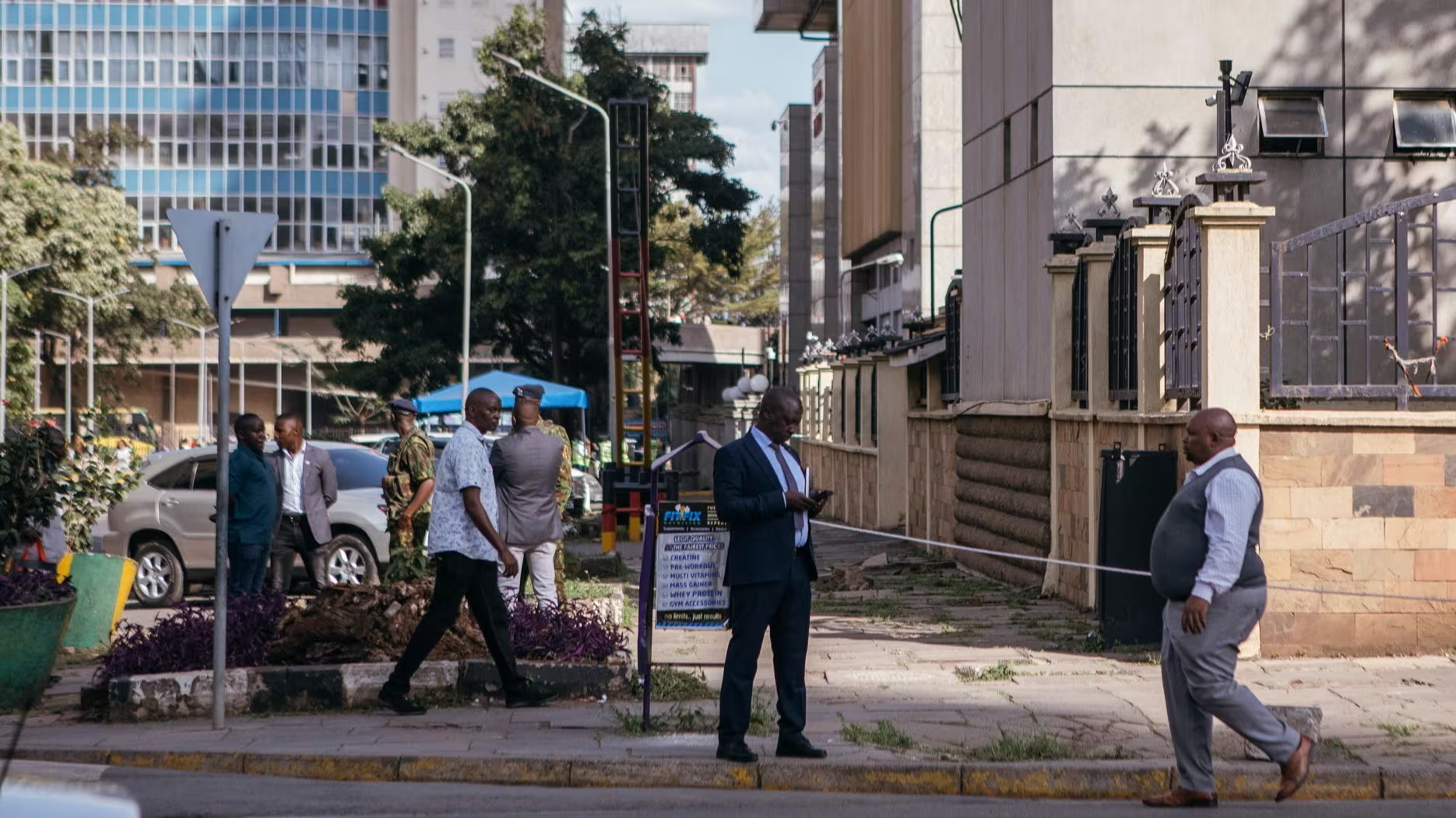Patrick Njoroge (“A financial meltdown in Africa will affect everyone”, Opinion, September 4) is correct in highlighting improved financial inclusion and growth in remittances as reasons to be cautiously optimistic about Africa’s long-term future. Business leaders in retail finance must surely be looking forward with great confidence to the economies of scale that will eventually come from serving a tech-savvy population whose median age is 19 and growing almost three times faster than that of the EU.
But he overlooks another reason for optimism — the growth in domestic institutional assets under management, which FSD Africa estimates now stand at well over $2.4tn across Africa, 50 times greater than annual aid flows to the continent. Growth in Kenyan pension assets in 2024 was up 14 per cent in Kenyan shilling terms and 40 per cent higher in dollars, but could have been even faster, according to the regulator, had there been a more supportive policy and regulatory environment.
As Njoroge rightly says, Africa needs stronger domestic financial markets. Rebalancing long-term financing towards local currency would make growth less reliant on international finance, including aid, and more resilient to shocks, not least those resulting from climate change.
As an innovation in African financial markets, mobile money was staggeringly successful. We now need breakthrough innovation in African capital markets to draw private institutional capital away from defaulting to funding government debt so that potentially very large volumes of capital can be put to work funding the projects that will give Africans the jobs and basic services they want.
Mark Napier
Chief Executive Officer, FSD Africa, Nairobi, Kenya
